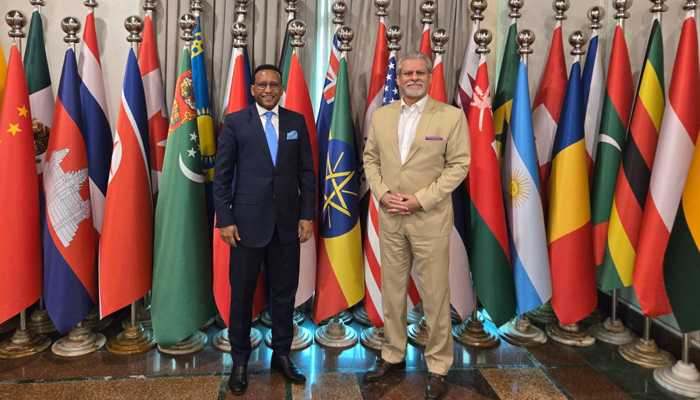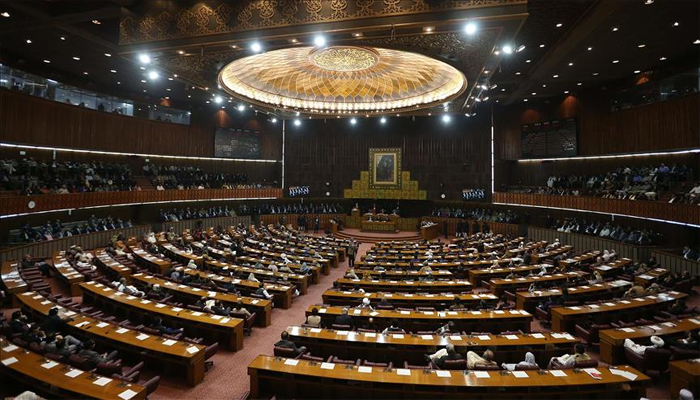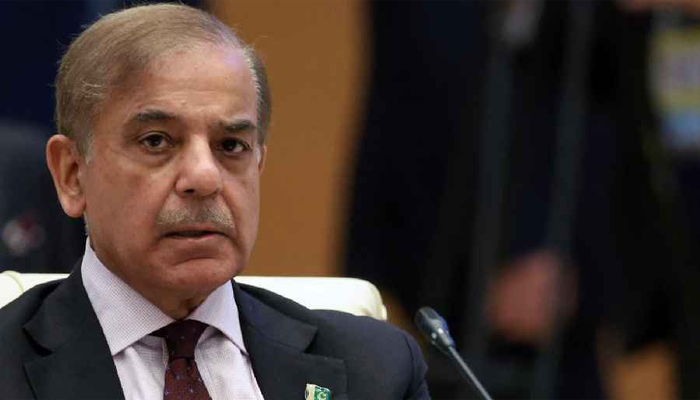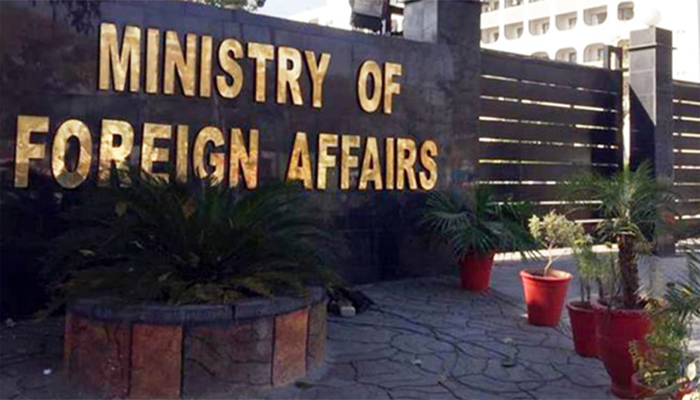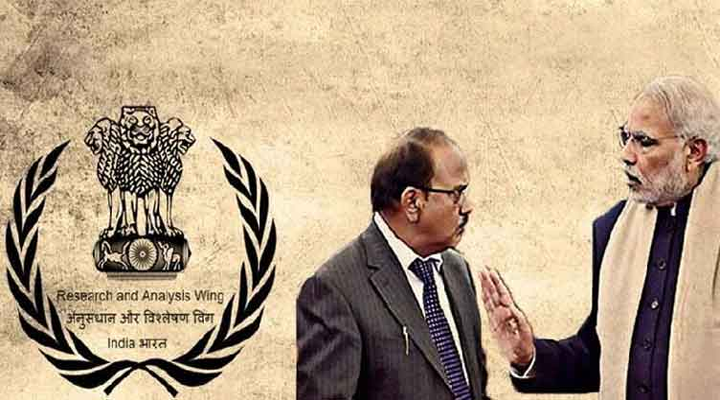ISLAMABAD: The Narendra Modi-led Indian government has blocked the official YouTube channel and X (formerly Twitter) account of Pakistan’s Inter-Services Public Relations (ISPR) following ISPR’s public response to India’s claims about the recent Pahalgam incident.
According to available details, the ISPR, through its Director General, had presented a detailed statement on April 29 and 30, countering what it described as false Indian narratives regarding the so-called Pahalgam operation in Indian-occupied Jammu and Kashmir. The rebuttal reportedly embarrassed New Delhi and challenged its stance on an international platform.
The Indian government’s decision to block ISPR’s social media accounts is being viewed by many as a hasty reaction to an alternative narrative gaining traction online. The move has sparked concerns over digital censorship and the curtailment of freedom of expression in the region.
Earlier, India also suspended the YouTube channel of Prime Minister Shehbaz Sharif after his speech at the Pakistan Military Academy in Kakul was uploaded. The video was taken down after a complaint by the Indian government, which claimed the content violated platform guidelines. YouTube has since stated that PM Shehbaz retains the right to appeal the removal.
These actions are being widely interpreted as efforts by the Indian government to control online narratives, especially in the wake of the Pahalgam controversy. Critics argue that the Modi administration is attempting to silence dissenting voices and limit public access to alternative viewpoints on sensitive regional issues.
In a broader crackdown, India has also blocked YouTube channels belonging to former Pakistani cricketers Shoaib Akhtar, Basit Ali, and Rashid Latif. Shoaib Akhtar’s channel alone boasts over 3.5 million subscribers, where he regularly discusses cricket and social matters.
Furthermore, India has reportedly banned 16 Pakistani news channels on YouTube, many of which had aired critical coverage of the Pahalgam events. These include prominent outlets such as Geo News, Samaa TV, Bol News, Dawn News, Suno News, and others, which collectively had a following of more than 63 million subscribers.
This wave of digital suppression marks a new chapter in the ongoing information war between the two neighboring countries.



